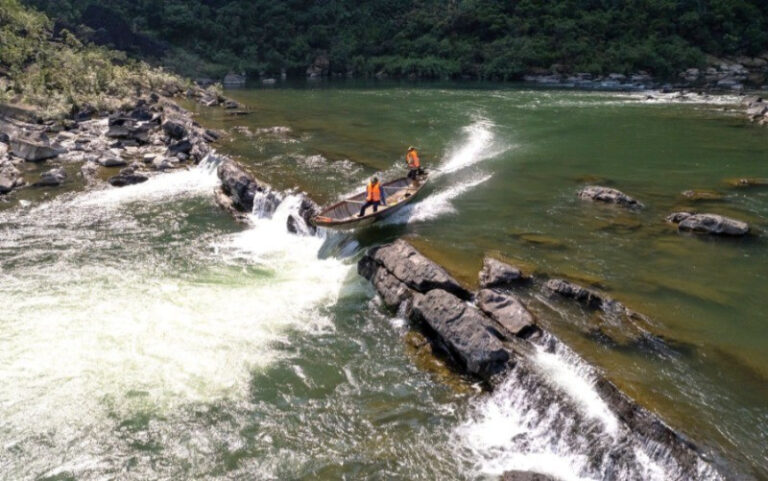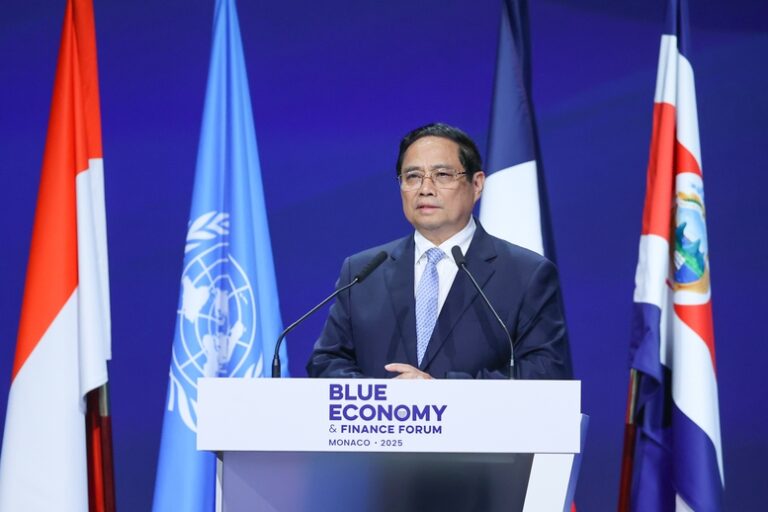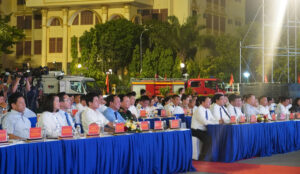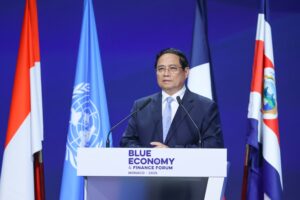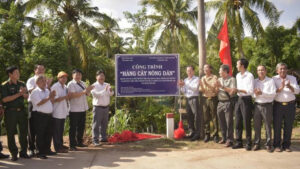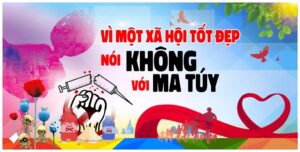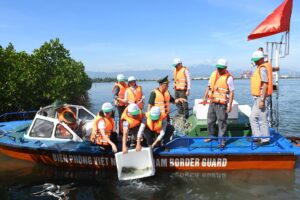A type of unprecedented accommodation service called “farmstay” has been popping up in rural Vietnam, along with many administrative problems and unauthorized business practices, said HCMC Real Estate Association (HoREA).
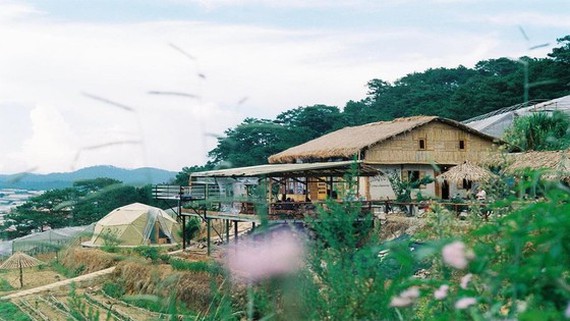
A farmstay in Lam Dong Province
Similar to urban homestays, owners of farmstays rent out their living area near farmlands where tourists can experience rural life and see agricultural production up close.
As a form of accommodation, farmstays are completely acceptable by competent state agencies and the tourism field. However, many owners have used parts of the divided agricultural and forest land to build tourism facilities without legal permission, said President of HoREA Le Hoang Chau.
In theory, a tourist accommodation provider must apply to have land use purposes changed from agricultural to commercial or service land to be accepted as a legal business, he stated.
The rapid development of farmstays might have been a result of an under-law document of the Land Law, allowing the division of any type of land, which may lead to unauthorized subdivision of agricultural land and forest land for leasing and other commercial purposes.
The document in question is Clause 31, Article 2 of Decree 01/2017/ND-CP, adding Article 43d to Decree 43/2014/ND-CP. Other than that, Articles 143 and 144 of the Land Law only have details regarding the division of “rural residential land” and “urban residential land”.
On the other hand, the leniency in management of local agencies have caused unauthorized establishments to spring up everywhere.
Speaking on the matter, HoREA have suggested that Articles 143 and 144 of the Land Law be followed strictly so that only the division of residential land is allowed and not any other land type.
For residential land areas that include plots with other purposes, owners must apply for converting land use purposes into residential land, and then carry on with procedures to sub-divide the now-residential land.
Business entities that want to carry out investment projects including farmstays must prepare investment projects in accordance with legal regulations on investment, real estate or tourism, and gain approval by the competent state agency.
In addition, HoREA also suggested the Ministry of Culture, Sports and Tourism to consider adding regulations particular to farmstays into Article 48 of the Law on Tourism.
“Farmstay is the newest demand in the tourism and tourism real estate market, and there should be a framework to ensure its legality and sustainable development”, Chau emphasized.
By Phan Le - Translated by Tan Nghia


